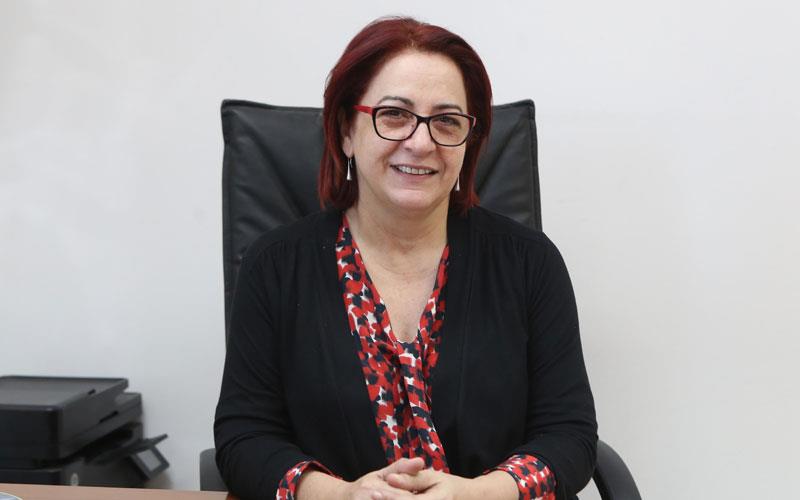
AKEL intervention on World Refugee Day in Parliament
Speech by Eleni Mavrou, AKEL Political Bureau member
AKEL C.C. Press Office, 22 June 2018, London
The day before yesterday on 20th June humanity marked World Refugee Day. Numerous MP’s have attended events. We participated in international delegations that visited camps hosting refugees…But these actions aren’t enough.
It would be good, particularly here in Cyprus when discussing such issues, to remember once more what being a refugee means.
Let’s bring to mind images from the time we ourselves became refugees – mothers washing their children with a tin can outside the tents in refugee camps.
We recall the queues in front of the Red Cross trucks distributing food.
We remember the restless sleep from the nightmares of the bombings of the summer of 1974.
We see these images today too – in other countries because we were once in the same position as they are today.
So let’s remember what being a refugee means.
You are forced to leave your home overcome with fear to save yourself.
You are desperately worried about the fate of your relatives, friends and neighbors who stayed behind.
Being a refugee means not having a home, losing the intimacy of everyday life.
It means not having a job, losing your self-confidence that you can be useful.
It means depending on charity for your children’s milk, medicine and for blankets to protect you from the cold.
Being a refugee also means some people looking at you strangely or, even worse, in a hostile manner.
We should remember that you don’t become a refugee by choice; that it is the geostrategic games of others, the result of military and paramilitary operations, the arming of jihadists and the destabilization operations that have created the waves of millions of refugees.
Let’s remember that there is nothing more barbaric than war itself.
Refugees have increased by more than 20 million people in just a decade. One in 122 people in the world is now a refugee – in his/her own country or in another country. If the number of refugees were the population of a country, it would be the 24th most populous country in the world.
But it’s not a mere matter of numbers. Behind the numbers we need to understand we are talking about people.
Do you know that over half of the refugees in the world are children under the age of 18?
Do you know that for most young women, the routes with old boats or through volatile regions, hunger, thirst, hardships, humiliation, rape … rarely have a happy ending because its difficult to avoid the cross-border criminal gangs who buy and sell women?
Do we fulfill our duty by shedding a few tears on Facebook?
As AKEL, we shall continue to demand measures to provide support for refugees in host countries through a human-centered approach based on solidarity among European states.
During the discussions in the Internal Affairs Parliamentary Committee, we have referred to a series of decisions approved by the International Court of Justice in the Hague and to the provisions of the Geneva Convention that reject the provisions which the bill and the governing DISY party are bringing back. For example, the International Court in a decision it took, prohibits detention due to a non-compliance with a previous transfer decision. In addition, the Court’s decision prohibits the criminalization of the illegal entry of asylum seekers.
With the amendments it has tabled, DISY proposes the detention of people just because they have used fake documents to escape persecution. We are exhausting our severity on people who are already in a process of being transferred – a procedure from which no one has yet avoided to date in Cyprus!
And it is indeed misleading to claim that the provisions of the government’s bill are aiming at harmonization.
It is populism and misleading for someone to suggest that refugees are responsible for drug-related deaths… when we know from official statistics that 75% of the crimes committed involve Cypriots.
It is populism and a deception to claim that refugees are a burden on public funds when we know that for the most part these are which we absorb from European funds.
International law provides for detention only when less onerous measures can’t be applied when someone is suspected of escaping or there is a matter of national security or public order, as the legislation already stipulates.
As to similar provisions with those which the amendment tabled by DISY brings back, there are already plenty of decisions by the European Court of Human Rights.
Will we close our eyes?




